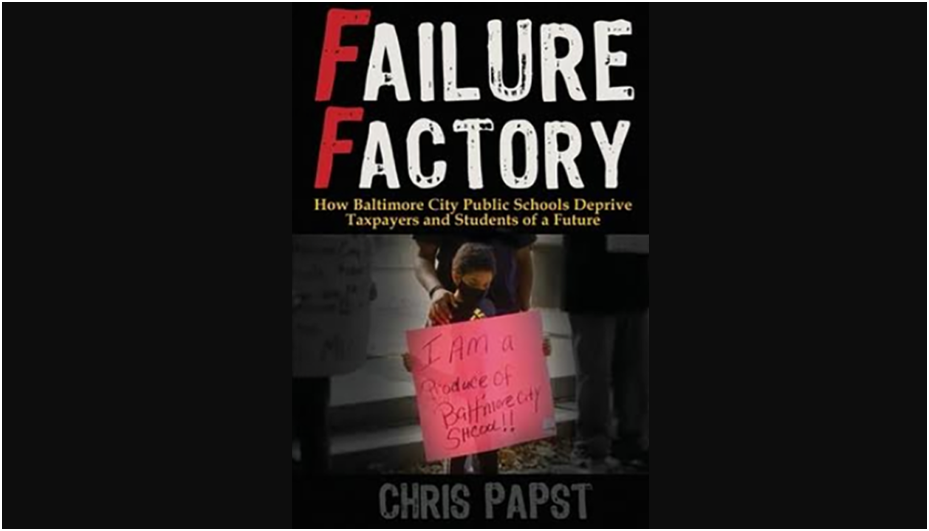
What AI Training Do Teachers Need Most? Here’s What They Say
It is becoming increasingly important for educators to learn how to critique and leverage artificial intelligence tools for instruction, because the tools come with all kinds of potential benefits and drawbacks.
“If students are going to be learning about [artificial intelligence], then teachers need to be learning about it,” Daniela Ganelin, a Stanford University doctoral student focused on education data science who co-wrote an educators’ guide to AI, told Education Week earlier this year.
The problem is nearly half of educators (45 percent) said they’re uncomfortable with AI technology that they’ve encountered or expect to encounter in the next year in their classroom, according to an EdWeek Research Center survey of 1,301 district leaders, principals, and teachers conducted from June 20 to July 14. Thirty-six percent said they were comfortable with the technology.
To get educators more comfortable with AI, they need time to use the technology as teachers and as learners, time to try different approaches with students, and opportunities to collaborate with colleagues and talk about what works and what doesn’t, according to experts.
In the EdWeek Research Center survey conducted over the summer, educators were asked what kind of AI-related professional development topics or approaches would be useful to them or the teachers they supervise. Here’s what they said:
Dig Deeper With Our Longreads
Newsletter Sign up to get our best longform features, investigations, and thought-provoking essays, in your inbox every Sunday.
The MEN was founded by John Huber in the fall of 2020. It was founded to provide a platform for expert opinion and commentary on current issues that directly or indirectly affect education. All opinions are valued and accepted providing they are expressed in a professional manner. The Maryland Education Network consists of Blogs, Videos, and other interaction among the K-12 community.








